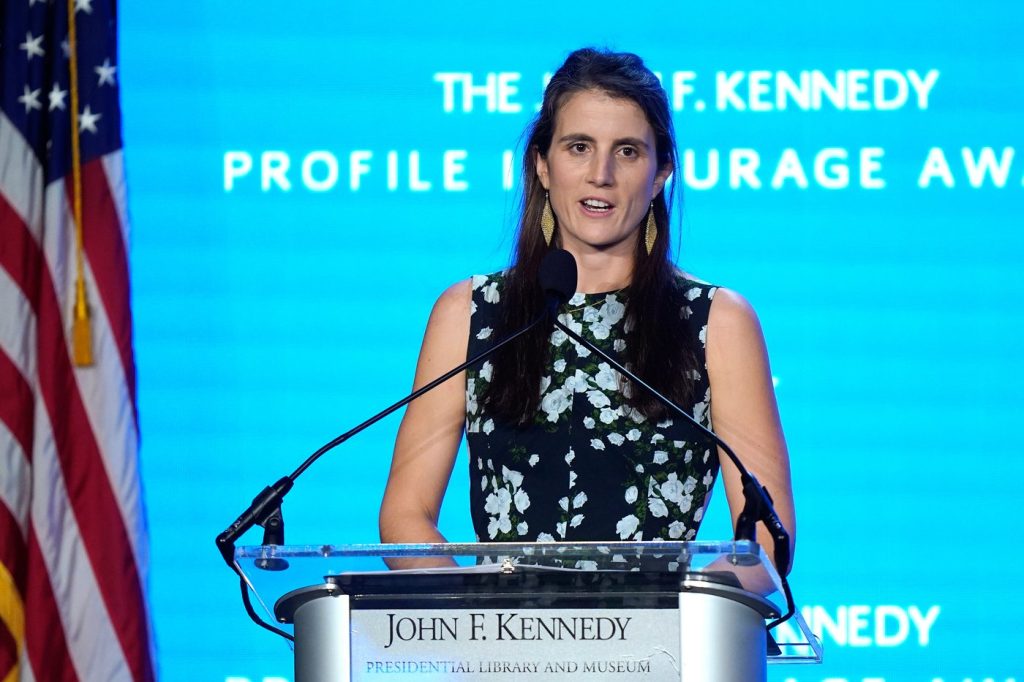On Saturday, Tatiana Schlossberg, the granddaughter of John F. Kennedy, revealed in an essay published in The New Yorker that she has been diagnosed with terminal cancer. Schlossberg, who is the daughter of Caroline Kennedy and Edwin Schlossberg, shared that she was diagnosed with acute myeloid leukemia, a rare and aggressive form of cancer, after her doctor discovered a high white blood cell count following the birth of her second child in May 2024. At the age of 34, she was informed by her physician that she might have about a year left to live.
In her insightful essay, which was published on the 62nd anniversary of her grandfather’s assassination, Schlossberg provided a deeply personal account of her struggles with the illness. She has undergone several rounds of chemotherapy, two stem cell transplants—one from her sister and another from an unrelated donor—and has participated in various clinical trials. During her latest trial, her doctor provided a sobering prognosis, suggesting that he could potentially extend her life for just one more year.
In addition to discussing her health challenges, Schlossberg's essay critiqued the policies supported by her cousin, Robert F. Kennedy Jr., who currently serves as Health and Human Services Secretary. She expressed concern that the funding cuts he proposed could have dire consequences for cancer patients like herself. Schlossberg mentioned a notable reduction of nearly half a billion dollars allocated for research into mRNA vaccines, which could be instrumental in combating certain types of cancer. This revelation was particularly stark considering her ongoing battle with leukemia.
Further addressing her family dynamics, Schlossberg conveyed her fear that her daughter and son might not have lasting memories of her. The emotional toll of her diagnosis has also impacted her family, as she noted that her parents and siblings attempt to hide their pain, though she is acutely aware of the heartache that her condition brings to them. Reflecting on her life, she expressed feelings of sadness and injustice for not being able to continue living the fulfilling life she shared with her husband, George Moran.
In her essay, Schlossberg provided a poignant insight into her lifelong attempts to be a good daughter, sister, and student, as well as her desire to shield her mother from distress. She lamented that her diagnosis added a profound tragedy to her family’s narrative, leaving her with a sense of helplessness to alleviate their suffering. These sentiments highlight not only her personal struggle but also the broader impact of illness on familial relationships and emotional well-being.
Schlossberg’s powerful essay not only sheds light on her harrowing experience with cancer but also invites readers to consider the implications of political decisions on healthcare and the lives of patients. Her candid reflections serve as a reminder of the fragility of life and the profound emotional ramifications that accompany chronic illness.












